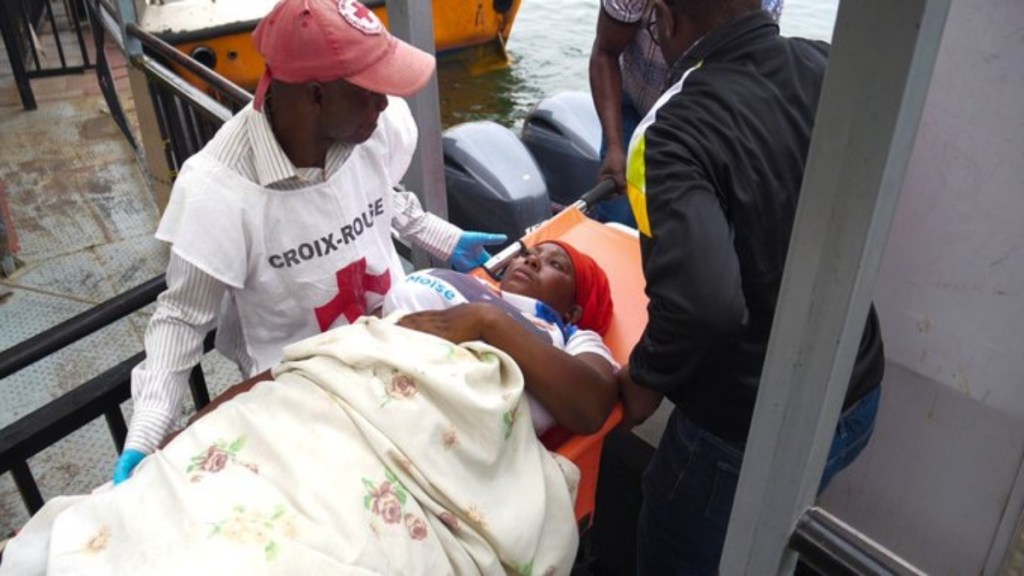A sharp increase in civilian casualties from heavy weapons in eastern Democratic Republic of Congo (DRC) is overwhelming healthcare facilities, exacerbating one of the world’s most complex humanitarian crises, according to the International Committee of the Red Cross (ICRC).
Robert Mardini, director general of the ICRC, during his five-day visit to the country, expressed deep concern over the unprecedented situation, highlighting the influx of hundreds of severely injured civilians, including women and children, into healthcare facilities in North Kivu. He underlined the devastating impact of shelling and heavy weapons in densely populated urban areas, compounding the suffering of civilians already affected by decades of conflict.
Under international humanitarian law, parties to a conflict bear responsibility for protecting civilians and civilian infrastructure and must take all feasible precautions to spare them from harm. “The use of explosive weapons in populated areas – including near displaced camps – is very likely to have indiscriminate effects, resulting in civilian casualties,” added Mardini.
Recent weeks have witnessed intensified fighting between DRC government forces and the M23 armed group, exacerbating the plight of civilians in the region. With millions displaced from their homes, particularly in North Kivu, the humanitarian challenges are daunting.
Heading to the ICRC-supported Ndosho hospital in Goma, North Kivu’s provincial capital, reveals the complexity of humanitarian challenges. The hospital, operating at more than double its normal capacity, struggles to accommodate the daily influx of wounded civilians, including children.
Patients arrive from conflict zones around the town of Sake, often with severe injuries requiring complex surgery and amputations. Many arrive separated from their families, fleeing with nothing. Cases of sexual and gender-based violence remain a major concern, with many cases going unreported due to fear of stigma or reprisals.
Former child combatants also seek recovery from physical and mental trauma in the hospital. Mardini emphasized the urgent need for parties to the conflict to uphold international humanitarian law to protect civilians, warning of dire consequences if action is not taken.

